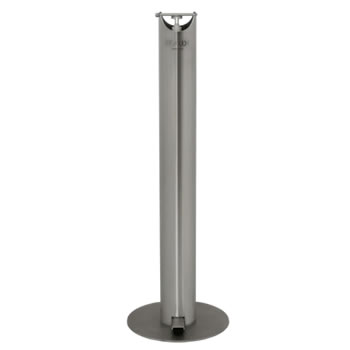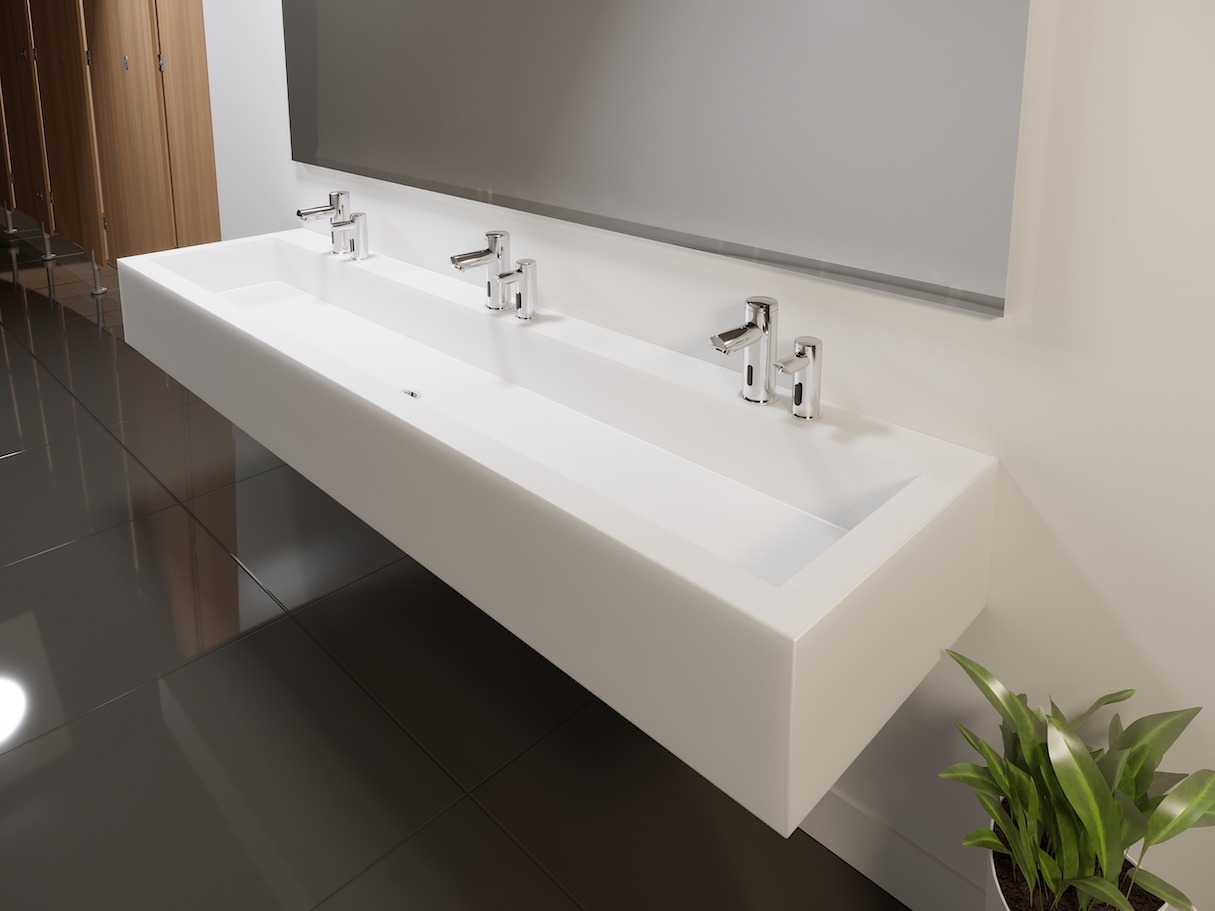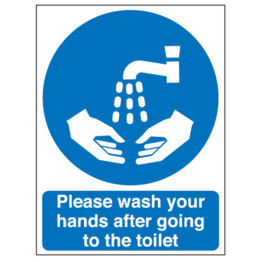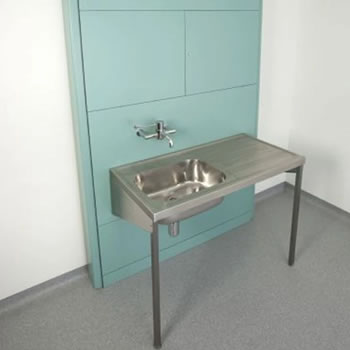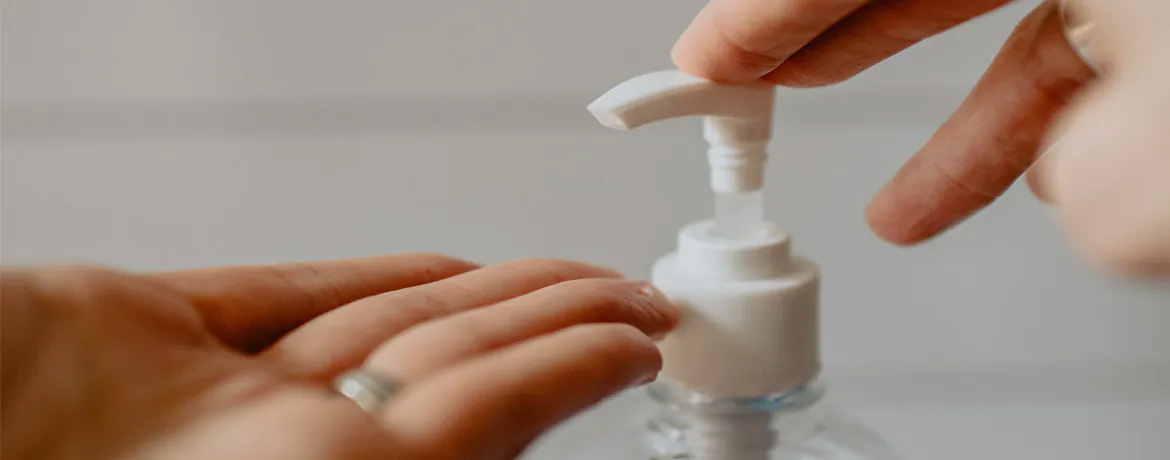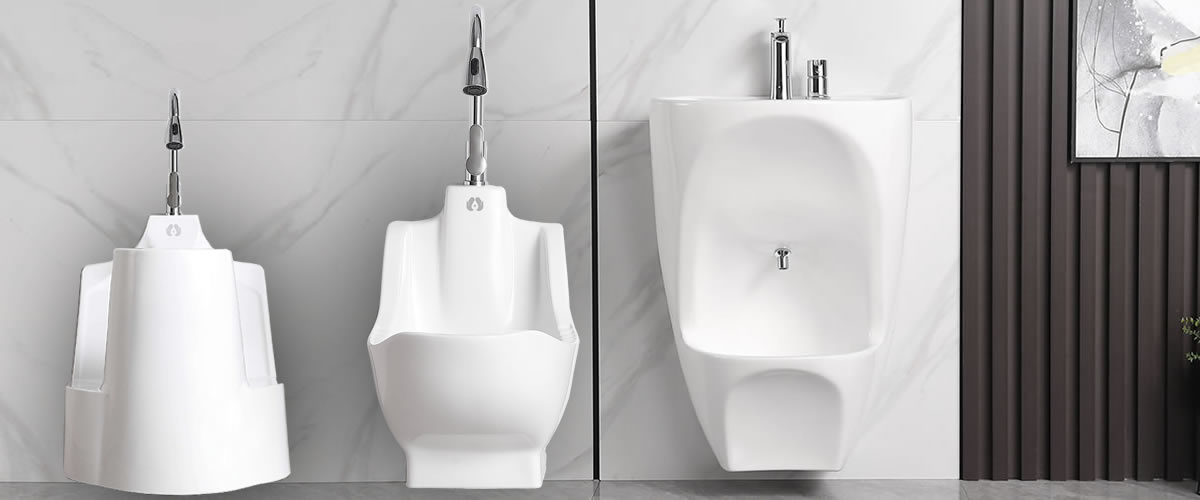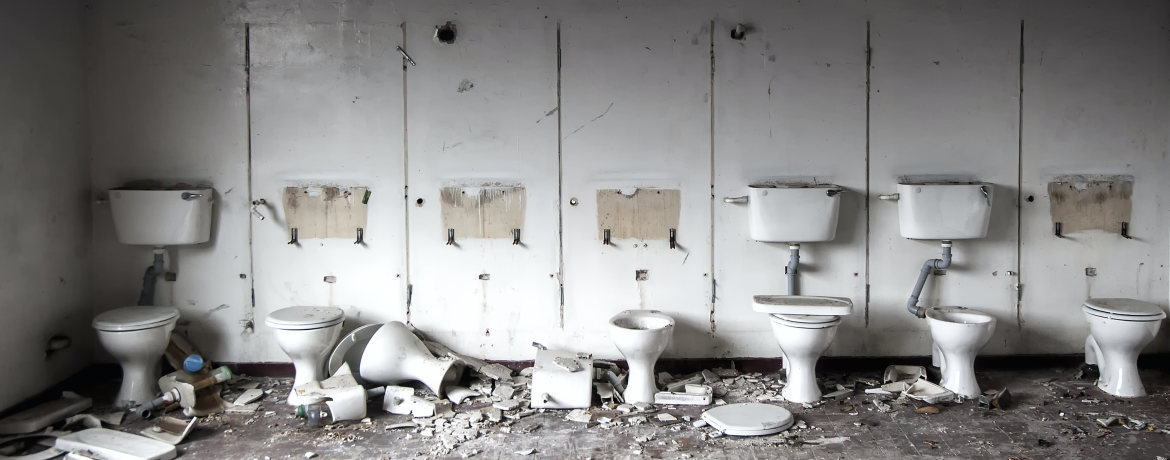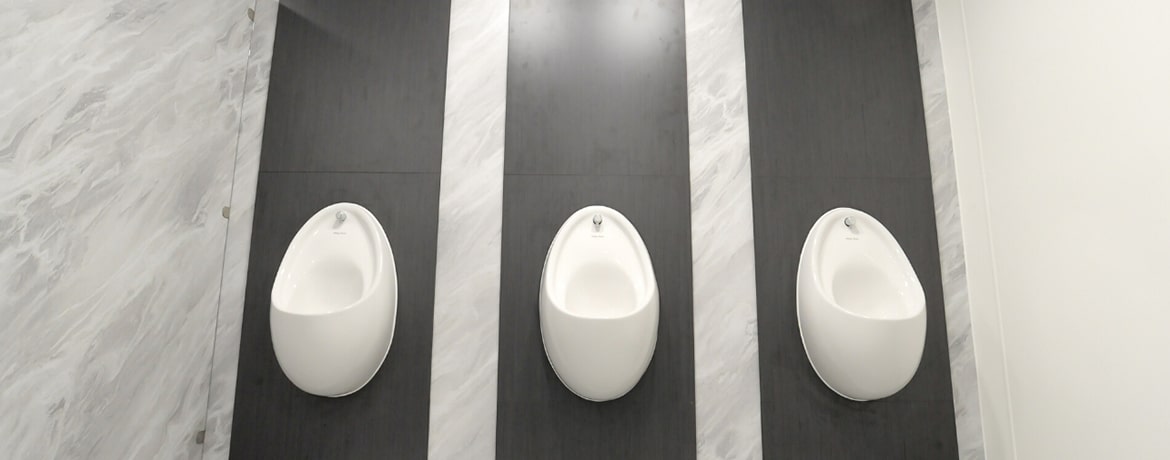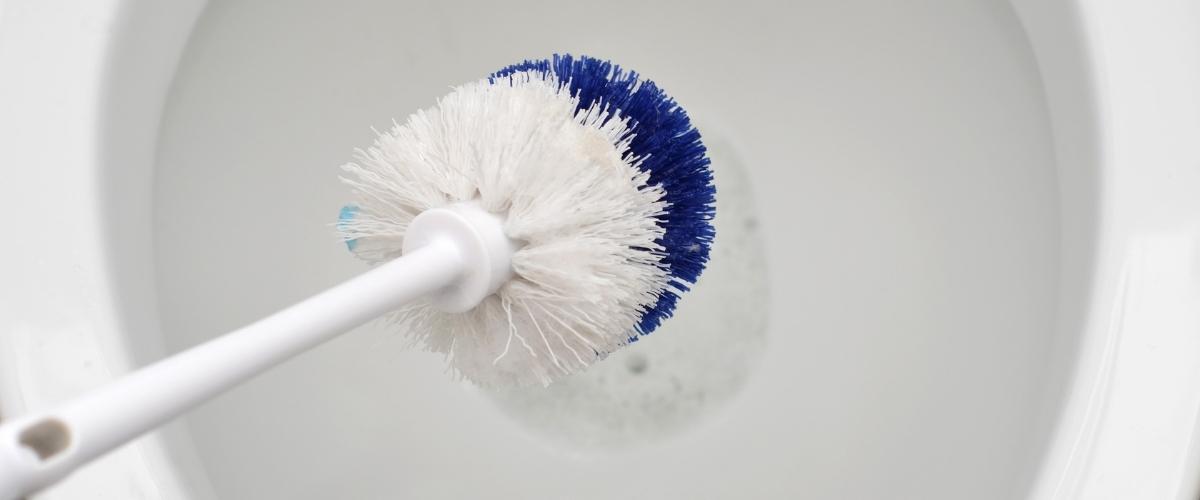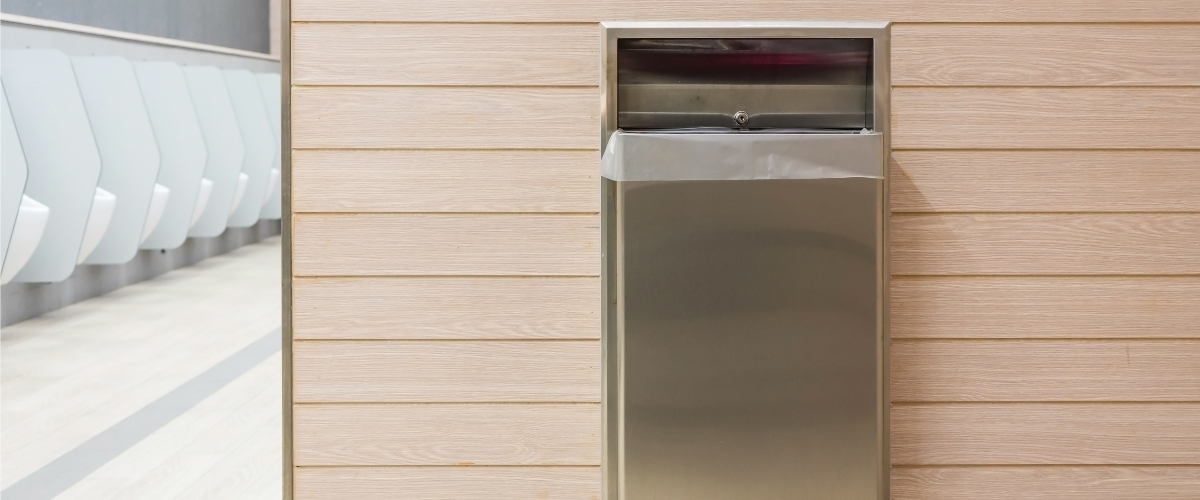Coronavirus: Making Your Washrooms Safe And Hygienic from COVID-19

Coronavirus has already left a lasting impact on the way schools, hospitals, and businesses operate with new laws, rules and regulations to stay in place for the foreseeable future. Through this pandemic, it’s been made abundantly clear that strong personal hygiene is paramount. Cleaning regimes will no doubt be ever more rigorous, while increasing infection prevention control, a practice usually only followed by organisations in the healthcare sector, is something all businesses will need to give thought to.
Minimising touch-points
The idea behind this is to try and reduce the number of items in the washroom that a user has to physically touch. Sensor activation is key in delivering this, from sensor flush kits that can be installed at both toilets and urinals, through to sensor taps, hand dryers and PIR lighting which switches on the lights only when someone is actually in the room. In some cases, the main door to enter the room may be one that swings both ways, and in some establishments, we are starting to see foot jammers on the back of the main door so that it can be pulled open by a users foot.
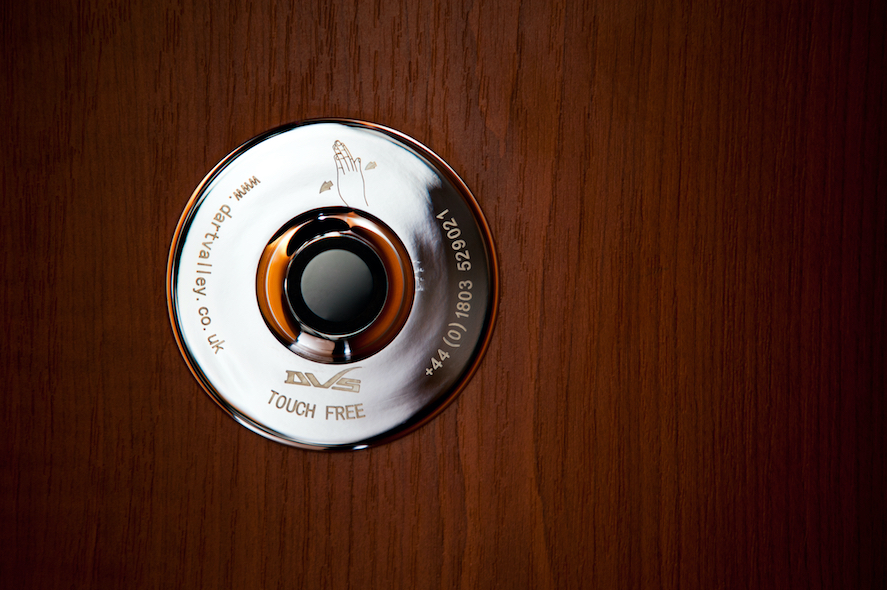
Hand sanitisers
The demand for hand sanitisers has risen exponentially since the outbreak of COVID-19 with many organisations adding them throughout their sites, particularly in main entrances and thoroughfares. Perhaps one of the most sensible places to locate a dispenser for hand sanitiser is outside the washroom, that way users can use it after exiting the washroom as an extra precaution once they’ve used the facilities.
Reducing joints and edges
Whether it’s the grout lines in tiles, or mastic joints round basins, these areas are difficult to keep sanitised and need to be regularly replaced. Reducing these as much as possible is a strong move and can be done in a few simple steps. Anti-slip safety flooring is an easy and safe way to remove the grout lines in tiled floors, while a wall cladding solution like Altro Whiterock can take care of the walls. One of the main benefits of Altro Whiterock is that it can be thermoformed around corners to leave no corner trims or join lines.
Rather than installing a vanity unit with inset basins, you might choose to opt for a wall-mounted wash trough, or a solid surface vanity top with Corian pre-moulded basins. Both these options drastically reduce the amount of mastic joints needed in the room, leaving you with a hand wash area that’s significantly easier to sanitise.
Signage
While it might sound trivial, signage to remind users to wash their hands properly is a prompt we are seeing used more and more in the commercial washroom environment. Everyone needs reminders and following the outbreak of Coronavirus, these prompts can be highly effective. See our toilet signs here.
Toilet seat cover dispensers
Disposable toilet seat covers are rising in demand in the wake of Coronavirus. Dispensers are usually located on the rear wall of the cubicle delivering thin circular covers for users to place on the toilet seat. This creates a barrier between the user, further reducing contact points and instilling confidence in washroom visitors. Most disposable toilet seat covers can also be flushed after use.
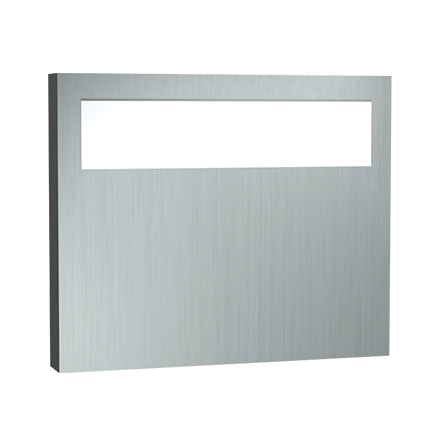
Reduce surface areas
Integrated plumbing system panels, often referred to as IPS panels are a great way to reduce surface areas in a washroom. This essentially means creating a thin void in which to locate all the mains water and waste pipes. The space is then clad in a hygienic material such as solid grade laminate, or even Altro Whiterock. Urinals, wash-basins, hand dryers and toilets can all be attached to this cladding which is fixed to a reinforced DUCT set frame. By concealing all the mains services, surface areas in the room are significantly reduced, protected from accidental damage and leaving you with a wash space that’s incredibly easy to clean.
Disposable glove dispensers
You may choose to install a dispenser for disposable gloves at the entrance to your washroom. This allows users to protect themselves for the duration of their washroom visit. A waste bin that sits outside the washroom is ideally located to dispose of them on exiting the facilities.
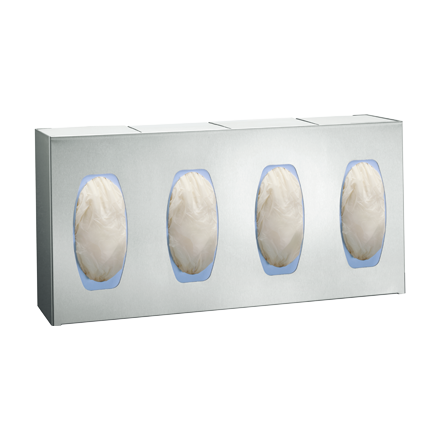
Soap Dispensers
By now we should all be familiar of how to wash our hands properly to NHS and government guidelines. Providing hard-wearing soap dispensers is a strong move in this area of the washroom ensuring users get the right quantity of hand soap for each wash. Sensor soap dispensers also minimise touch-points in the washroom and improve usability.
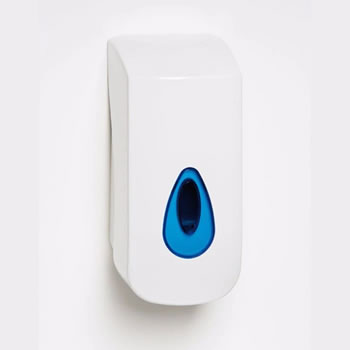
Bins and waste receptors
We know that washing hands properly is one of the most effective ways to stop the spread of the virus COVID-19. However, we also need to make sure spent paper hand towels don't end up on the vanity top or floor as this can be a breeding ground for bacteria. Ensure adequate waste bins and chutes are provided and monitor how frequently they are emptied to avoid overflows.
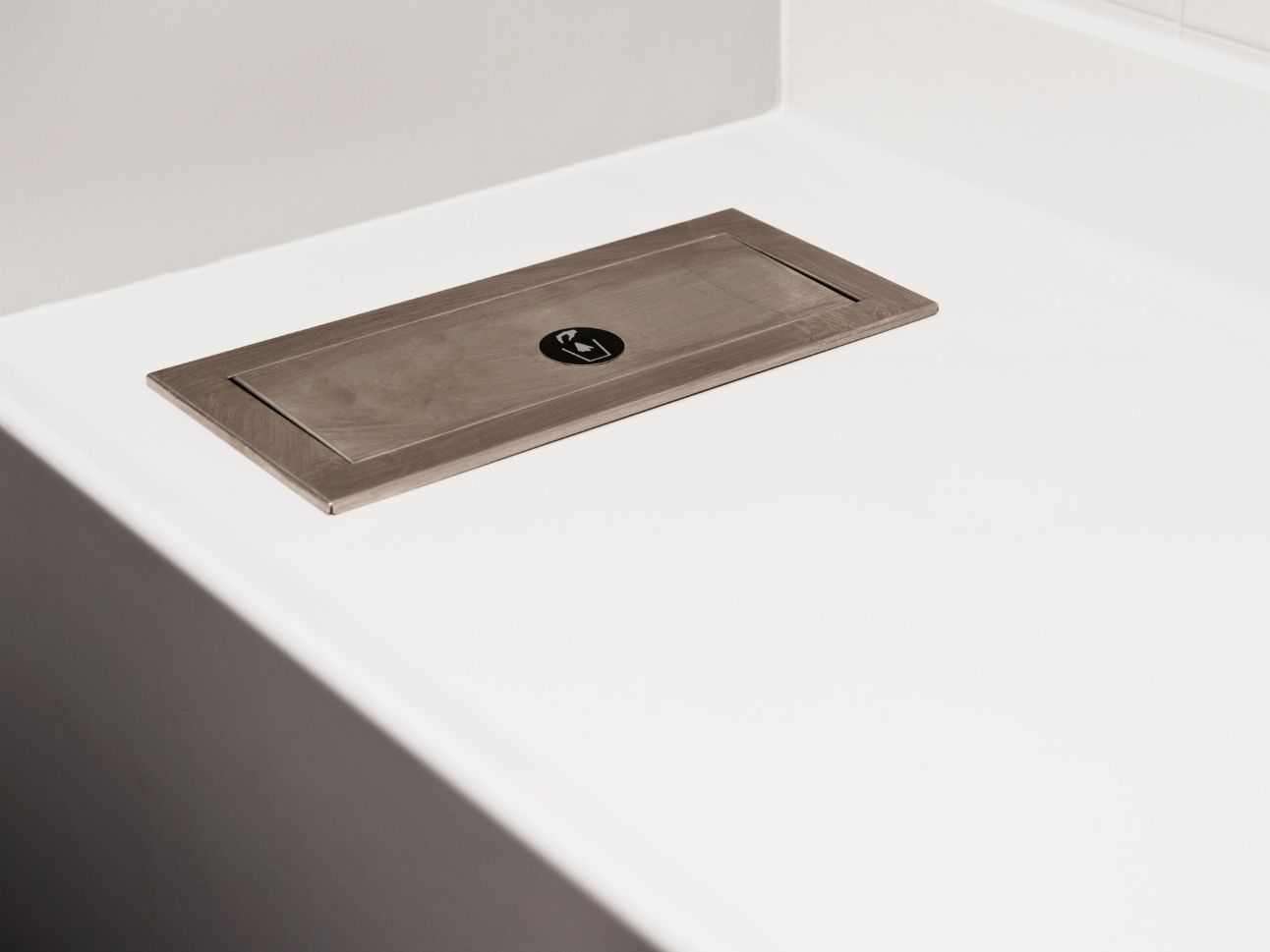
Anti-microbial Solid Grade Laminate
Our solid grade laminate toilet cubicles and IPS panels have an antimicrobial film which has a strong expectation to kill the virus and stop it from spreading. WIth solid grade laminate used for toilet cubicles, shower enclosures, vanity units and IPS DUCT sets, this high-performance material can be a cornerstone of your toilet, changing and shower facilities.
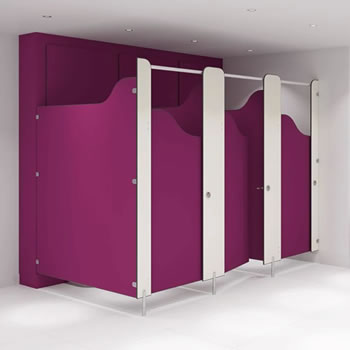
Spacing within the washroom
To encourage users to keep the two-metre distance, you may want to block off every other urinal or washbasin. This prevents the risk of users getting to close when in the room. In busy washrooms, you will also need to pair this with monitoring how many people are in the washroom at a time which will prevent bottle-necks inside the toilet facilities.
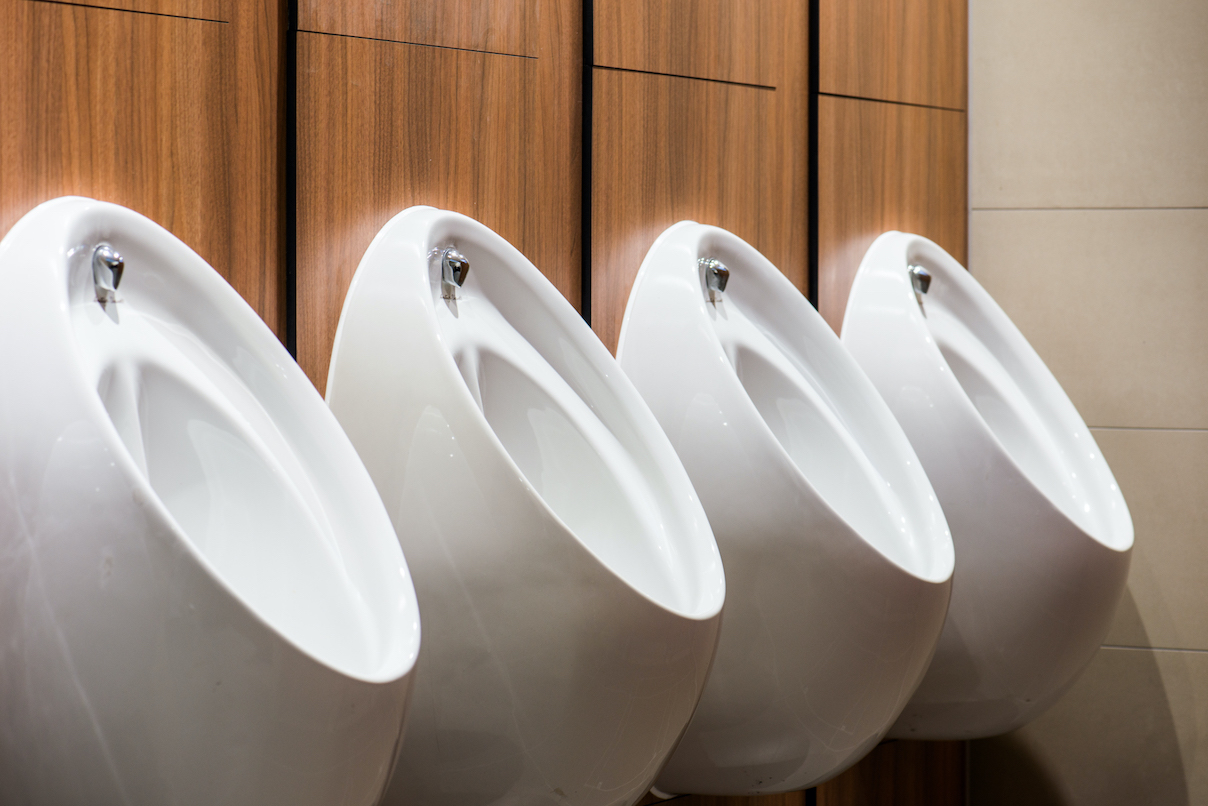
Increased cleaning regime
As well as all the above hygiene measures you can implement in your washrooms, it's important to remember that thorough cleaning is essential. With most commercial operations upping their cleaning schedules, heed the advice that once a day is simply not enough. Two thorough cleans per day is advised, with high traffic washrooms being cleaned hourly in many settings.
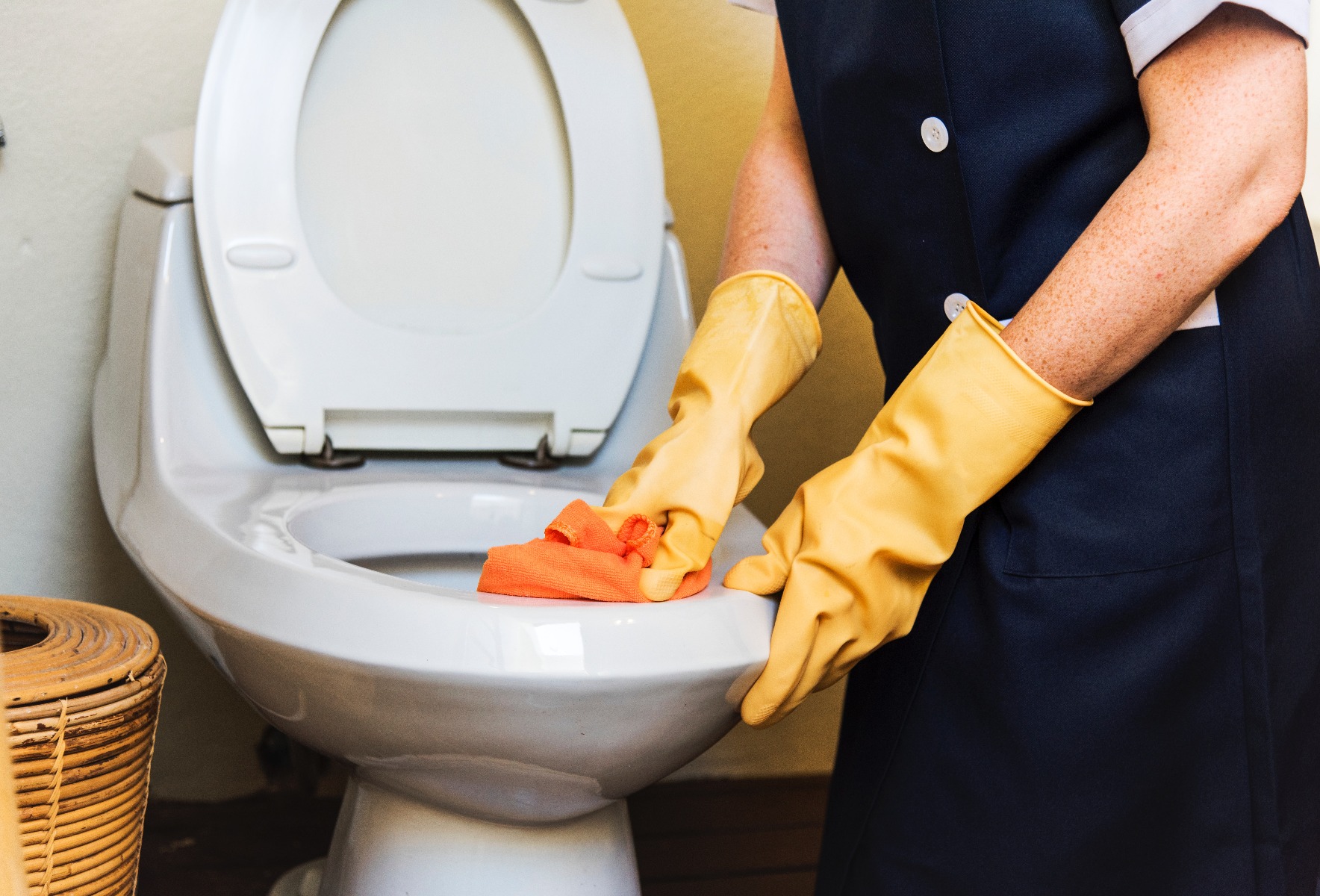
HEPA filter hand dryers
The potential to transfer bacteria and viruses within a washroom is high. Consideration should be given to the type of hand dryer installed to ensure it is fitted with a HEPA filter. Hand dryers fitted with HEPA filters trap up to 99% of airborne particle, by forcing the air through the filter and trapping nasty viruses. It should be noted that there is no specific evidence or research that HEPA filters capture COVID-19 specifically, but research has been carried out to confirm the filter's effectiveness against other common bacteria and viruses that cause colds, flu, sickness, and diarrhoea.
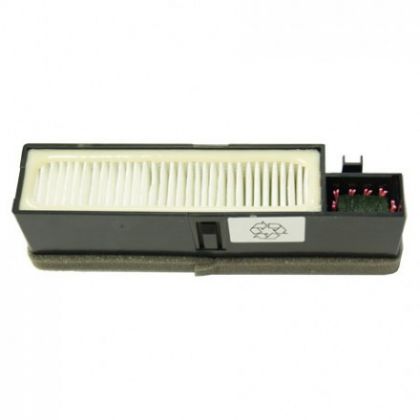
If you’d like to discuss potential hygiene and safety measures that could be implemented into your washrooms in light of Coronavirus COVID-19, or to find out about our refurbishment services, please get in touch with one of the team on 01202 650900.
MORE TO EXPLORE IN Related Posts

Dyson Airblade V Hand Dryer (White or Nickel)
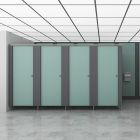
Ultra Plus SGL Toilet Cubicles With Stainless Steel Hardware (High Abuse Range)
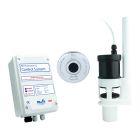
KWC DVS Automatic Toilet Sensor Flush Kit 1.5" base (3m Cable)

Brushed SS with Pex Tails DVS A45 Aquarius Doc M Sensor Tap

